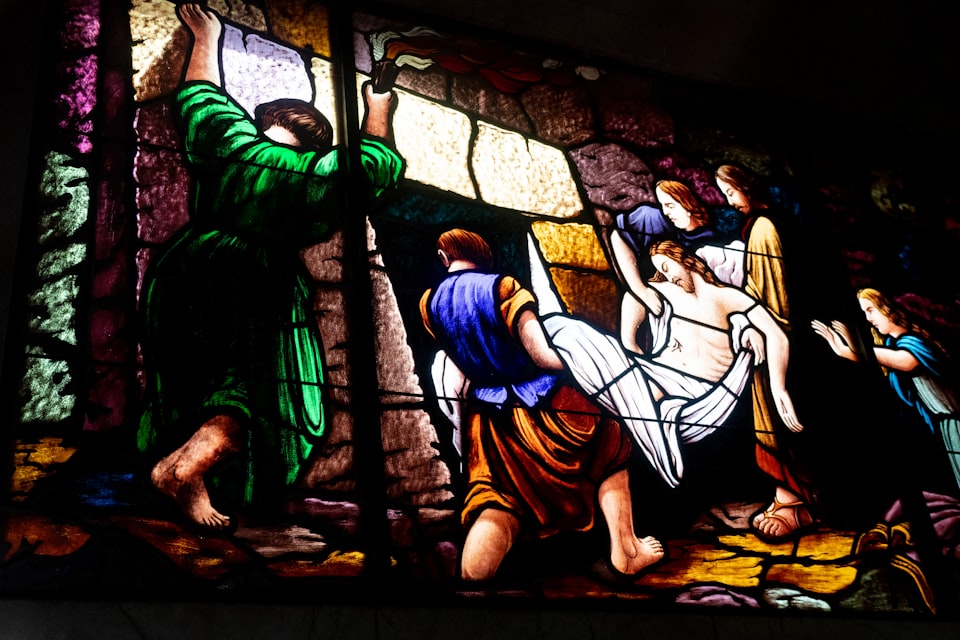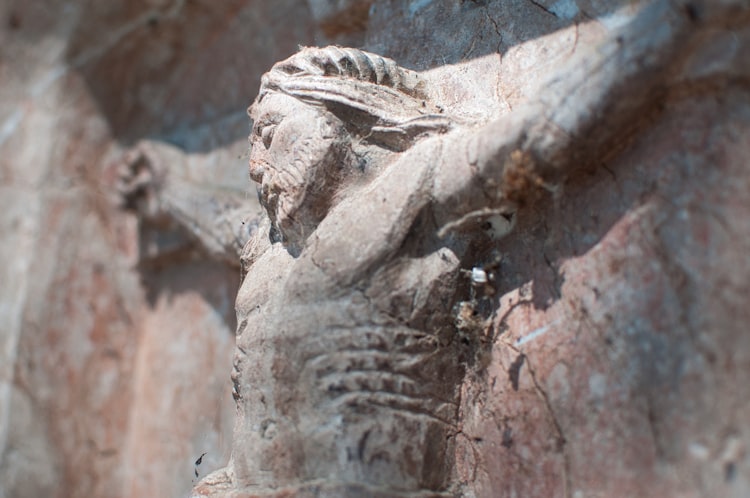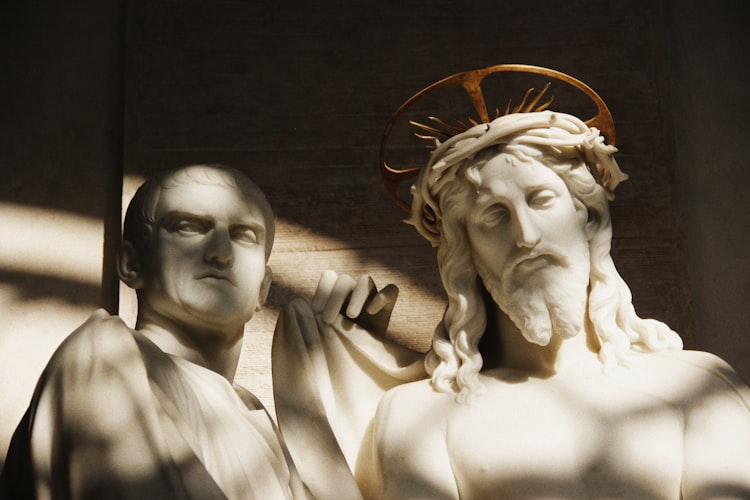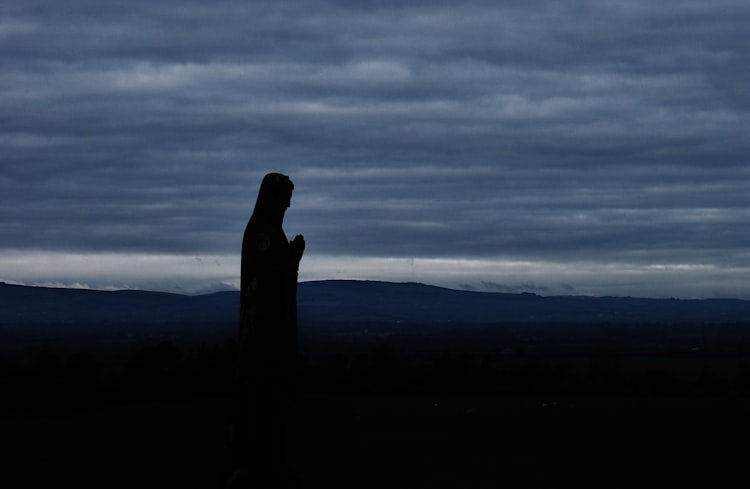Firm Foundation: Part 16

Died and Buried
The New Testament authors have many different ways of describing the meaning of Jesus’ death. Though they are not straightforward explanations, they are paradoxical expressions, each pointing back to the brute fact of Jesus’ death without exhausting the meaning of the event.
· Through His shameful death, Jesus attains the highest honor (Phil 2:6-11)
· By succumbing to mortality he makes human nature immortal (1 Cor 15:42-57)
· His death is the world’s life (Romans 5:12-21)
· His death is the darkness that illuminates and the judgment that does not condemn (John)
· Jesus’ death is a defeat that ushers in God’s sovereign reign (Mark)
· The death of Jesus is a termination and inaugurates a new epoch in history (Luke—Acts)
· It is a fulfillment that totally surpasses what was promised (Matthew)
· It is a sacrifice that dissolves the entire sacrificial system from within (Hebrews)
· It is a violent catastrophe that triumphs over the violence of human history (Revelation)
Paul’s theme of union with Christ was especially important in later Christian teaching about Jesus’ death. According to Paul, Jesus has shared all that is ours so we may share all that is his. He shares our poverty and we share his riches (2 Cor 8:9). He stands under the curse that is rightly ours, and we stand under the blessing that is rightly his(Gal 3:6-14). By uniting himself with us, he is identified completely with our sin and we are identified with his righteousness (2 Cor 5:21). The idea is not so much substitution as mutual participation:
God and humanity are perfectly united in the person of Jesus so that each partakes of all that belongs to the other.
About a hundred years after Paul, the second-century theologian Irenaeus developed the same logic by arguing that we could not have been redeemed unless every aspect of our human condition was embraced by the Son of God:
He did not reject human nature or exalt himself above it … Becoming an infant among infants, he sanctified infants; becoming a child among children, he sanctified those having this age; becoming a young adult among young adults, he was an example for young adults and sanctified them to the Lord … Lastly, he came even to death so that he might be “the Firstborn from the dead,” himself “holding primacy in all things” (Col 1:18), the Author of life, prior to all and going before all.
Here's the key:
The Son of God heals our nature by joining it to himself.
Human nature is changed by this union.
Mortality joins hands with immortality.
The grave becomes the beginning of life.
Another amazing quote from the fourth-century addressing new believers. Gregory of Nyssa points out that Jesus would not really have shared our nature if he had not also shared in its limits. Everyone comes into the world through the womb and departs into the tomb. The Son of God embraced our humanity at these extreme limits.
The birth makes the death necessary. He who had decided to share our humanity had to experience all that belongs to our nature. Now human life is encompassed within two limits, and if he had passed through one and not the other, he would only have half fulfilled his purpose … our whole nature had to be brought back from death. Thus he stooped down to our dead body and stretched out a hand, as it were, to one who lay prostrate. He approached so near death as to come into contact with it.
Because, in Jesus, God has fully shared our condition, there is no human experience that can alienate us from God.
Every affliction is an opportunity to identify with Jesus, to “suffer with him so that we may also be glorified with him” (Romans 8:17). So much so that even dying becomes another way of following Jesus and of identifying with him. We die differently because the Son of God has touched our frail mortality and has drawn it into the wider context of his life. We die differently because we know that “neither death, nor life … will be able to separate us from the love of God in Christ Jesus our Lord” (Rom 8:38-39).
Each one of us approaches the day of our death. But there is someone waiting for us there: Jesus, the Lord of life, who meets us at all life’s crossroads, at the beginnings and ends of all our ways.






Member discussion